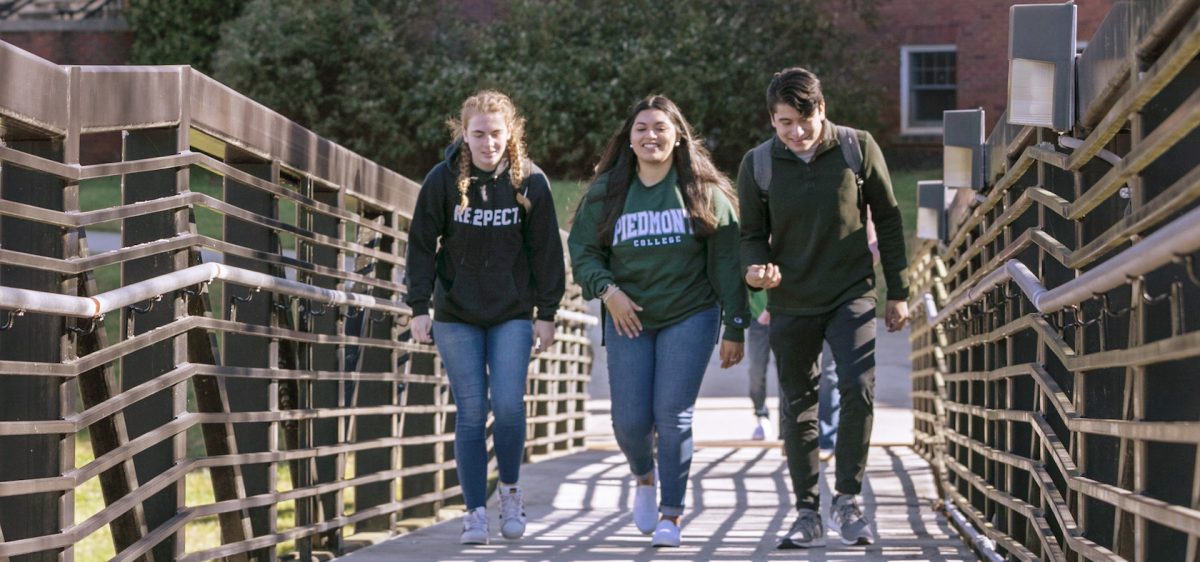JANIE HARRIS
Editor-in-Chief, News Editor
Recently, a freshman at Piedmont College was asked to leave the college at the judgement of a judicial board due to behavioral issues. Also, after the October health and safety checks, a number of resi- dential students were called to a judicial hearing due to housing contract violations.
“More often than not for judicial cases, what we see is a violation inside the residence halls,” said Dean of Student Engagement Emily Pettit.
Pettit said that typically the incident is reported by a Resident Assistant or a Resident Director, and, from there, the student will be called to a judicial hearing depending on the infraction.
The panel in which a student reports to depends on the infraction itself. For small infractions, such as a candle found during health and safety inspections, the student will be called before Director of Resi- dential Life Mark Jestel and Director of Student Life Kimberly Crawford. Small alcohol infractions are also heard by Jestel and Crawford.
Using reports from both campus police and the residence life staff, Jestel and Crawford decide what sanctions should be placed on the student with the infraction.
However, there are some larger cases that require a different type of panel. Pettit explained that there is no set list of what infractions could be brought to hearings of this type, but they often occur if state or federal laws are broken, or if that student is endan- gering his or herself or those around him or her.
“That elevates itself beyond a [Jestel] and [Craw- ford] conversation. It elevates itself to a panel,” said Pettit.
These cases typically have the ability to end with a student losing housing or being asked to leave the college.
This board is made up of a variety of representa- tives from each department of the college, including athletics and student affairs. The board changes, however, based on who is available since most panel judicial hearings are called randomly.
“Students are going to make mistakes. We know that,” said Pettit. “We are here because we know students are learning and growing, and we want to be a part of the journey.”
For more information about the judicial board, contact Pettit at [email protected].







